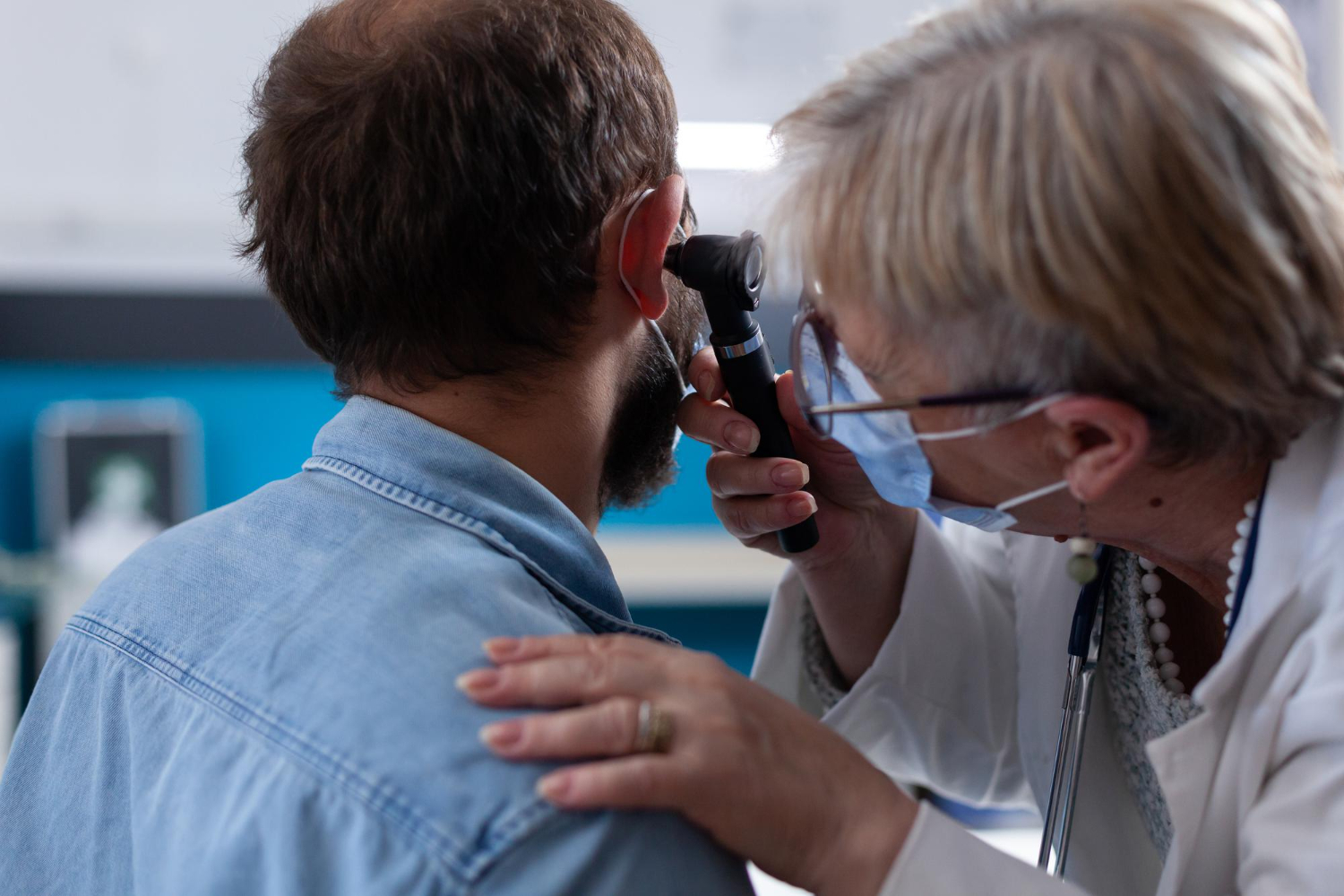Advanced auditory training offers innovative solutions for individuals with profound hearing loss. This guide aims to equip UK audiologists with effective strategies and techniques tailored for this unique demographic. Focusing on evidence-based practices, we will explore the latest advancements and practical applications that can enhance communication abilities and improve overall quality of life for those affected. Empowering audiologists with these insights can foster greater understanding and support for patients undergoing auditory rehabilitation.
Overview of Advanced Auditory Training
Advanced auditory training is a specialised approach in audiology designed to enhance the listening skills of individuals with profound hearing loss. This training is crucial as it helps patients improve their ability to interpret sounds, thereby enhancing their communication skills and quality of life.
In parallel : Unleash your potential: essential coaching strategies for growth
For individuals with profound hearing loss, the challenges can be overwhelming. Everyday sounds, which most people take for granted, can become difficult to discern. This can lead to social isolation and communication barriers. Advanced auditory training addresses these challenges by focusing on improving the brain’s ability to process auditory information, even when the input is less than optimal.
Audiologists play a pivotal role in implementing these auditory training programs. They assess each patient’s specific needs and tailor the training to suit individual hearing profiles. This might include exercises to improve sound differentiation, speech reading, and auditory memory. Audiologists also provide support and guidance throughout the training process, ensuring that patients remain motivated and engaged.
In parallel : Revolutionizing Heart Failure Care: How UK Cardiologists Can Leverage Wearable Tech for Remote Patient Monitoring
By employing advanced auditory training, audiologists can significantly improve the auditory capabilities of those with profound hearing loss, offering them a pathway to better interaction with their environment and enhancing their overall well-being.
Evidence-Based Techniques for Auditory Training
In the realm of auditory training, employing evidence-based techniques is crucial for effective results. These methods are designed to enhance auditory processing and are backed by research, ensuring that they are both reliable and effective.
Auditory Training Techniques
Auditory training methods include a variety of therapeutic approaches. Techniques such as auditory discrimination focus on helping individuals distinguish between different sounds, which is fundamental for understanding speech. Memory training exercises are also integral, as they improve the ability to retain and recall auditory information. These techniques are not only about hearing sounds but also about making sense of them, which is essential for effective communication.
Use of Technology in Training
Technology plays a significant role in modern auditory training. Assistive listening devices and specialised software can be integrated into training programs to provide additional support. These tools can simulate real-world listening environments, offering a practical and immersive experience. They also allow for the monitoring of progress, enabling adjustments to be made to the training as needed.
Individualized Training Plans
The success of auditory training largely depends on how well it is tailored to the individual’s needs. Audiologists must consider the patient’s unique hearing profile and personal goals. Customised plans ensure that the training is both relevant and effective, maximising the potential for improvement in auditory skills.
Case Studies and Practical Applications
In the realm of auditory training, case studies offer valuable insights into the effectiveness of various programs. In the UK, numerous success stories highlight how advanced auditory training has significantly improved the lives of individuals with profound hearing loss. These success stories serve as a testament to the efficacy of tailored programs and innovative techniques.
One notable case study involves a program that integrated collaborative approaches involving families and caregivers. By including these key participants, the training not only focused on the individual but also created a supportive environment that facilitated better communication and understanding. This holistic approach led to remarkable improvements in auditory processing and social interaction.
Patient testimonials further underscore the positive impact of these programs. Many individuals report enhanced quality of life, with improved ability to engage in conversations and participate in social activities. These outcomes are not just about hearing better but also about feeling more connected to the world around them.
The practical applications of these programs extend beyond the individual, benefiting families and communities. By fostering a collaborative environment, advanced auditory training empowers individuals and their support networks, leading to sustainable improvements in communication and overall well-being.
Current Research and Trends in Auditory Training
In the rapidly evolving field of auditory training, staying abreast of current research and trends is essential for advancing treatment methods and improving patient outcomes. Scholarly articles provide a wealth of information on the latest discoveries and innovations.
Recent Studies and Findings
Recent studies have highlighted significant advancements in auditory training for profound hearing loss. Research has shown that integrating cognitive training with traditional auditory exercises can enhance auditory processing abilities. This approach leverages neuroplasticity, enabling the brain to adapt and improve its interpretation of sounds. These findings underscore the importance of a comprehensive training regimen that addresses both auditory and cognitive skills.
Innovations in Auditory Training
Innovations in auditory training are transforming the landscape of audiology. Cutting-edge technologies, such as virtual reality and machine learning, are being explored to create more immersive and personalised training experiences. These technologies simulate complex auditory environments, providing realistic practice scenarios that challenge and improve auditory skills. Such advancements are paving the way for more effective and engaging training programs.
Future Directions for Research
The future of auditory training research holds exciting possibilities. Potential developments include the use of artificial intelligence to tailor training programs to individual needs more precisely. Additionally, exploring the long-term effects of combined auditory and cognitive training could offer deeper insights into sustained improvements in auditory processing, guiding future methodologies.
Resources and Tools for Audiologists
Audiologists have access to a variety of resources and tools that significantly enhance their ability to deliver effective auditory training. These resources are crucial in equipping professionals with the necessary skills and knowledge to improve patient outcomes.
Training Tools and Software
A wide range of training tools and software is available to support audiologists in their practice. These include interactive programs that simulate real-world listening environments, providing patients with practical experience in sound differentiation and speech comprehension. Software solutions often integrate assessment features, allowing audiologists to track patient progress and adjust training plans accordingly.
Professional Development
Ongoing professional development is vital for audiologists to stay updated with the latest advancements in auditory training. Participating in workshops, seminars, and online courses ensures that audiologists remain at the forefront of new techniques and technologies. This commitment to continuous learning not only enhances their expertise but also improves the quality of care they provide.
In summary, the combination of cutting-edge resources and a dedication to professional growth empowers audiologists to deliver superior auditory training. By leveraging these tools and opportunities, audiologists can ensure that their patients receive the most effective and personalised care possible.
















